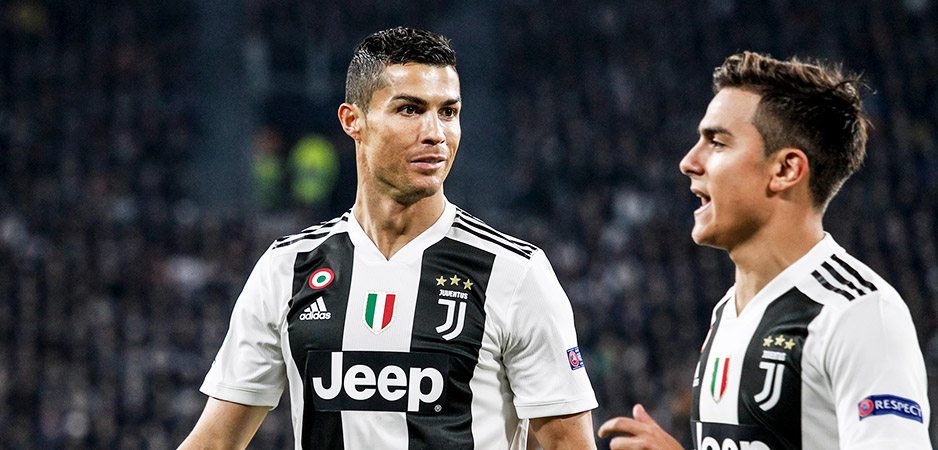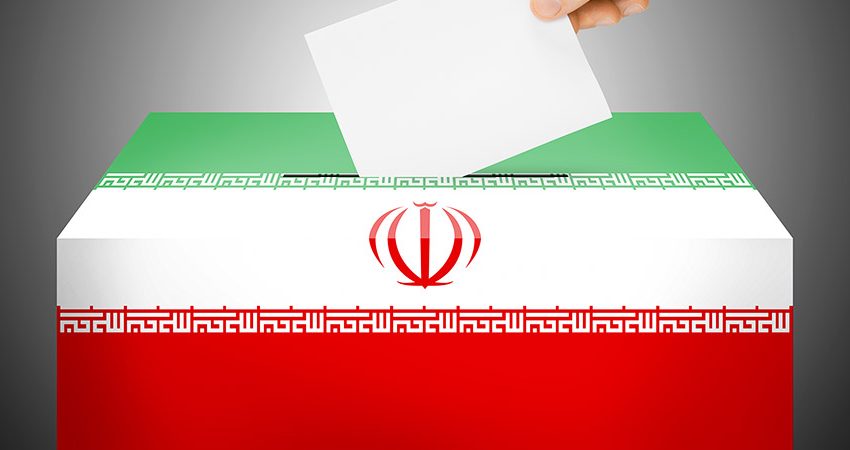When the hysteria dies down, think carefully: Is the proposed breakaway European Super League (ESL) such a terrible idea? Most of the football clubs involved struggle to break even and most are rescued out of a financial mess by a yearly gift from their owners-cum-benefactors.
With the backing of JPMorgan Chase, the merchant bankers, the clubs involved in the ESL could double the income they currently receive from UEFA Champions League or the Europa League. Their profligacy would no doubt mean that they still end up broke, but that’s their problem. The rest of the football world would keep on turning.
Rebel Alliance
Imagine this: The 12 founding members of the European Super League — England’s Manchester United, Manchester City, Liverpool, Arsenal, Chelsea and Tottenham Hotspur, Spain’s Real Madrid, Barcelona and Atlético Madrid and Italy’s Juventus, AC Milan and Inter Milan — recruit a further five or so clubs to form a league of 20+ teams and initiate a self-contained competition, screened via Amazon Prime, Netflix, Facebook, Disney+ or Sky (now owned by US media company Comcast), or possibly shared among them all. UEFA, Europe’s governing federation for association football, is furious, condemns this “rebel” alliance and instructs its affiliated organizations, including England’s Premier League, to expel the relevant clubs from domestic competitions.
This leaves the Super League clubs to devise a format that will guarantee about 40 or so games per year, every one broadcast or streamed live, with playoffs and a final championship game, possibly in Qatar or somewhere else in the Persian Gulf. Subscription channels are set up and, with advertising and sponsorship, the clubs claw in a total of, say, €4 billion ($4.8 billion) per season — roughly twice the amount they could expect from the Champions League, provided they get to the knockout stages. You can understand the temptation.
Meanwhile, back in the relative mundanity of the domestic leagues of England, the hitherto garlanded Premier League has lost its luster and is forced to consider an amalgamation with its less distinguished cousins in the English Football League (EFL). In desperation, they cobble together a new competition called the English Premier League and split it into four divisions, each of 20 teams, with three rounds of playoffs similar to the National Football League (NFL) in the US. Broadcasters are not prepared to pay the £1.19 billion ($1.66 billion) per annum that Sky in the UK currently pays the existing Premier League, but that was declining anyway and the chances were that the top English division was bracing itself for 2022 when the contract concluded.
But the newly-designed EFL has a novel idea: It will revert to a pre-Premier League type of cash distribution and allocate broadcast monies more evenly and in a way that keeps the financially weaker clubs afloat. This is actually how association football began: It wasn’t a devil-takes-hindmost affair with the richer clubs striving to enrich themselves while leaving modest clubs with potentially smaller fan bases to run to rack and ruin.
In this scenario, commercial television ventures into the new competition and reaps rewards in the form of surprisingly encouraging viewing figures, which lead to advertising revenues and eventually a virtuous spiral upward. Clubs do not receive as much money as they used to in the old Premier League, but the poorer relatives get a share of the spoils and are able to survive and, in time, prosper.
Barcelona or Wolves?
Running parallel to this is the European Super League. Fans of the “Big Six,” as England’s top clubs from London and the Northwest are known, are more than willing to shell out £100 ($140) per game at their home stadiums and take out a subscription to watch other games on their screens. They can also treat themselves to a game in Madrid or Milan whenever they fancy.
Do fans of Rochdale or Walsall envy them? Not a bit. The joy of sport is in the competition, true. But it’s also in the disappointment, disillusionment and despondency as much as the jubilation, joyfulness and pride. The rivals actually don’t matter as much as everything else, including the camaraderie, the arguments and the money won and lost on gambling. In sport, the journey is much more important than the destination.
Does it matter to the Walsall fan that their team is playing Wolves and not Barcelona? Hardly. Wolverhampton is about 30 minutes away and a Black Country derby holds more value than a game against Barcelona, which, after all, is about a thousand miles removed from the West Midlands.
Cricket, Tennis and Boxing
It’s a scenario that is unlikely to materialize. Both cricket and tennis have navigated through similar crises and emerged better off. The so-called “rebels” usually made it impossible for their sport to maintain the status quo and propelled democratizing measures. Boxing has lived with several, often competing governing organizations but still survives. It does so because, like other major sports, it lets television or other media platforms call the shots.
Football’s de facto leaders are already the media. Its de jure leader is FIFA, the global governing organization, which has, in recent years, become shorthand for corruption. The rebel alliance of the European Super League is not exactly challenging an honorable and robust body that commands the respect of the world. So, in a sense, the breakaway clubs may be pushing at an open door.
There would be complicated legal entanglements. FIFA or UEFA could disqualify those who play for ESL clubs from ever transferring to clubs in the traditional sphere of football. They could also ban them from playing in the World Cup, the European Championship and other international competitions, including perhaps the Olympics. A rebel organization would probably respond by arranging its own equivalents.
If cricket and the other sports that have contended with similar secessions provide precedents, the traditional governing federation typically accommodates the new impulses. This is more difficult to entertain in football’s structure. England’s Premier League, for example, would find it practically impossible to allow a half-dozen elite clubs to have their own way and play in a league totally separate and outside its jurisdiction. No doubt, JPMorgan and the broadcasters have forewarned the clubs of the possible consequences.
FIFA would be mocked if it stopped ESL players from competing in the World Cup. Imagine a World Cup without the world’s best players. Football’s governors have a serious predicament.
Is the European Super League a Threat?
So, the question remains: Will the “Big Six” and their European counterparts go it alone? It is a risk, but the pickings are indeed rich, and as they stand — believe it or not — the clubs need the money.
For instance, between 2004 and 2013, Chelsea lost over £670 million and only recorded a profit in one year: £1 million in 2011-12. Chelsea lost £96 million in 2018-19, but while it made a profit the year prior, the club depends on transfer fees and, of course, the benefaction of its owner, Russian billionaire Roman Abramovich. If Chelsea and the others were so flushed with cash, they wouldn’t contemplate such a dramatic and potentially hazardous change that could turn them into sporting pariahs (as rebel cricketers were in the early 1980s).
UEFA has agreed to revamp the Champions League’s structure into a single league format, with a knockout stage as its climax. Clearly, the sums haven’t impressed the breakaway clubs. UEFA can probably table a revised deal, but consider this: Association football, while by far the most popular sport in history, must surely be close to saturation point. Fans can watch football 24/7 — literally. Every game, even those of limited significance, is shown on screens. There has never been a sport that keeps giving like this.
The European Super League clubs have been shamed without kicking a ball. The condemnation is sure to continue. Were the “Big Six” to leave or be expelled from English domestic competitions, it would be in disgrace. But memories are short in sport and, within a year, we would think of the ESL as we do with cricket’s Indian Premier League: a different, slightly more exotic competition that pitches the best players in the world against each other, but poses no threat to the domestic sport. In this case, the exotic competition could leave the domestic game in a healthier shape than it is now.



